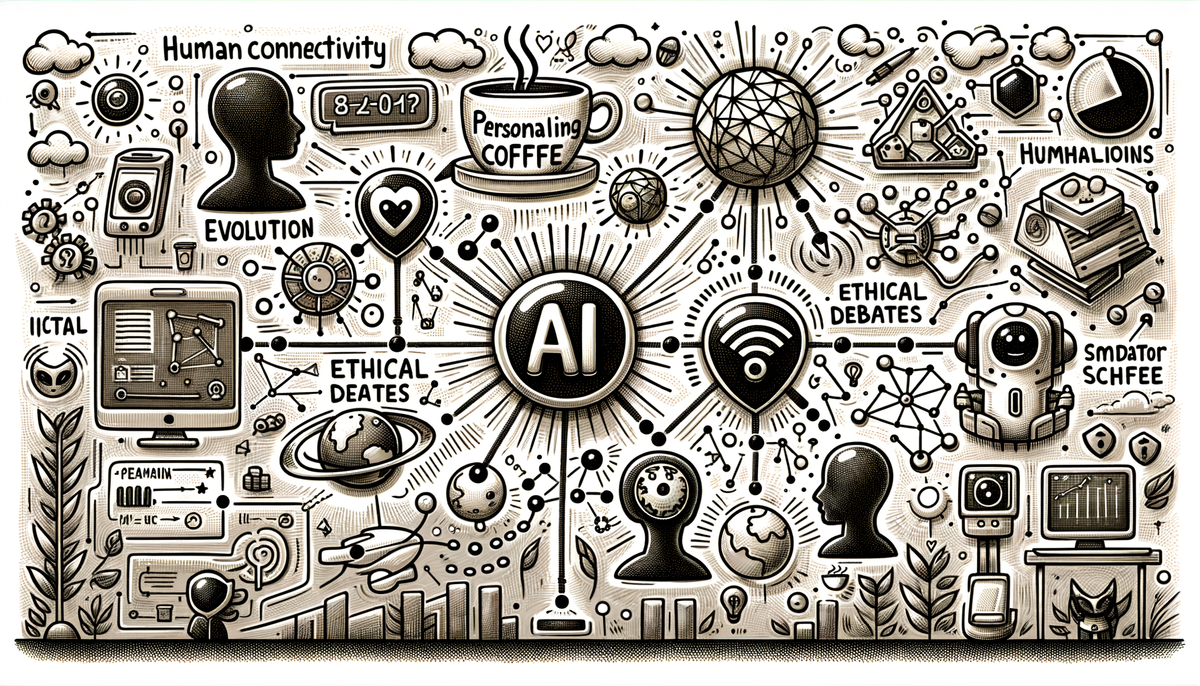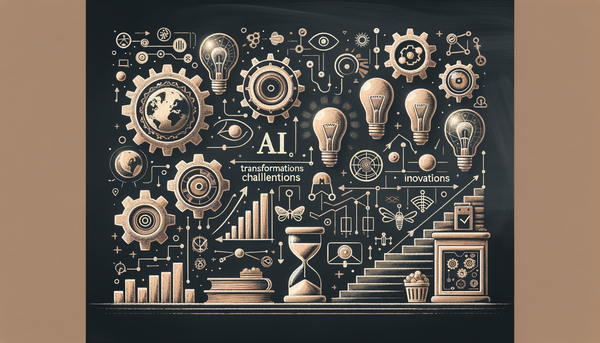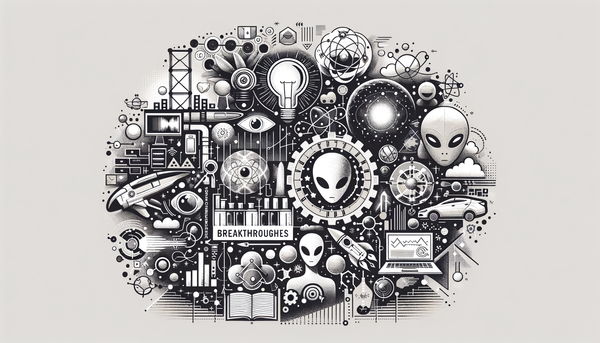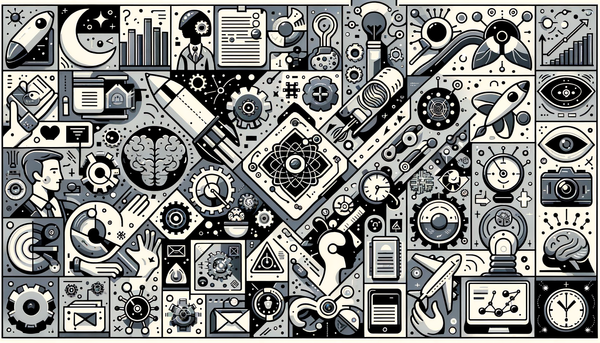Mistral's Revolutionary OCR API and AI Evolution

Exploring the rapid evolution of Artificial Intelligence (AI) across diverse arenas—from redefining everyday experiences with coffee personalization at Casey's, to groundbreaking tools like Mistral's OCR for AI-ready data processing, and the brewing ethical debates in AI safety at OpenAI—the field is advancing at an unprecedented pace.
A New Brew in AI: Casey’s Coffee Conundrum
The intersection of Artificial Intelligence and the everyday consumer experience is becoming increasingly prevalent, perhaps nowhere more whimsically than in Casey's General Stores' novel AI-powered coffee roast bot, Darn-ell. Through an entertaining blend of technological prowess and coffee culture, Darn-ell exemplifies how AI can add a delightful twist to our daily grind with its humorous and personalized coffee recommendations.
By employing Darn-ell, Casey's not only showcases technical innovation but also deepens customer engagement in an "entertaineural" way—a term I coined reflecting entertainment driven by neuro-linguistic AI interactions. This technology does more than just brew; it crafts an engaging narrative around their coffee selection process, illustrating how AI's nuanced understanding of language and preference is reshaping consumer interactions. Darn-ell's launch, coinciding with the introduction of a robust lineup of new coffee blends, underscores a strategic move by Casey's to blend (pardon the pun) appetite with amusement, thus redefining the consumer experience in over 2,900 stores across the Midwest.
Mistral OCR: The Intersection of AI and Documentation
In a parallel development, Mistral's introduction of an innovative Optical Character Recognition (OCR) API is revolutionizing how businesses interact with and utilize vast swathes of text-heavy documentation. Traditional OCR systems often falter when confronted with complex layouts or the need to discern images interspersed with text, which is where Mistral's approach stands out.
By converting PDF documents into richly formatted Markdown files, Mistral OCR positions itself as an indispensable tool for developers looking to streamline AI workflows. The technology's multimodal capabilities, an homage to the complexity of human cognitive processing, exemplify how AI can outperform traditional methods, not unlike the transition from silent films to talkies, which dynamically incorporated audio to enhance storytelling.
This API triumphs where contemporaries from tech giants stumble, particularly in decoding multilingual and mathematically intensive content. Mistral's tool already promises to significantly impact sectors such as law, where the legibility and accessibility of data can determine the efficiency of operations—an essential aspect in a field laden with intricate, often archaic, documentation.
For companies dealing with sensitive data, the ability for on-premise API solutions adds a vital layer of trust and privacy, ensuring that data remains securely within their infrastructure.
OpenAI and the Ethical Crossroads of AI Development
The AI community is no stranger to ethical debates, as highlighted by the recent critique from Miles Brundage, a former policy lead at OpenAI. His concerns over the potential sidelining of safety considerations in service of rapid AI deployment bring to light a crucial discourse within the industry.
"The pace of progress in artificial intelligence is incredibly fast. Unless you have direct exposure to groups like DeepMind, you have no idea how fast—it is growing at a pace close to exponential." — Elon Musk
Elon Musk's view of the exponential growth in AI underscores the tension between innovation and safety—yet the repercussions of tipping the scale too far cannot be underestimated. Brundage’s contention is centered on OpenAI's recent document, which seemingly rewrites the cautious history of its own AI safety measures, specifically the gating of the GPT-2 model. The AI arena, rife with its Darwinian competition, includes pressures from agile adversaries like DeepSeek, pushing companies to often prioritize velocity over caution.
Such narrative adjustments could mean rewriting foundational safety practices, a perilous path that could have profound implications for the future of AI deployments. Incorporating thorough risk assessment approaches into AI development is vital for sustainable progress. If the past few decades offer a roadmap, this might become the industry’s Achilles’ heel—a potential cause for caution against unchecked progression.
The Broader Landscape: AI in Company Earnings
A survey of recent company earnings calls, as noted in recent insights, has shown a dramatic increase in the mention of AI-related terminology, reflecting the technology's growing importance in strategic business dialogues. Such discussions present an opportunity to understand how AI is not just a technological advancement but a pivotal component of corporate narratives.
As AI continues to embed itself in various sectors, its integration into financial performance reviews speaks to a broader trend: AI is no longer merely a tool but a staple ingredient in the strategy playbook of modern enterprises. With AI being mentioned more frequently, it symbolizes both ambition and apprehension within organizations, where the question of 'how' to integrate often precedes 'why.'
Further Readings
Explore more about the subjects discussed above by reading about Mistral's Revolutionary OCR API or checking Diane Ackerman's perspective on AI-induced empathy in "The Human Age: The World Shaped By Us."




